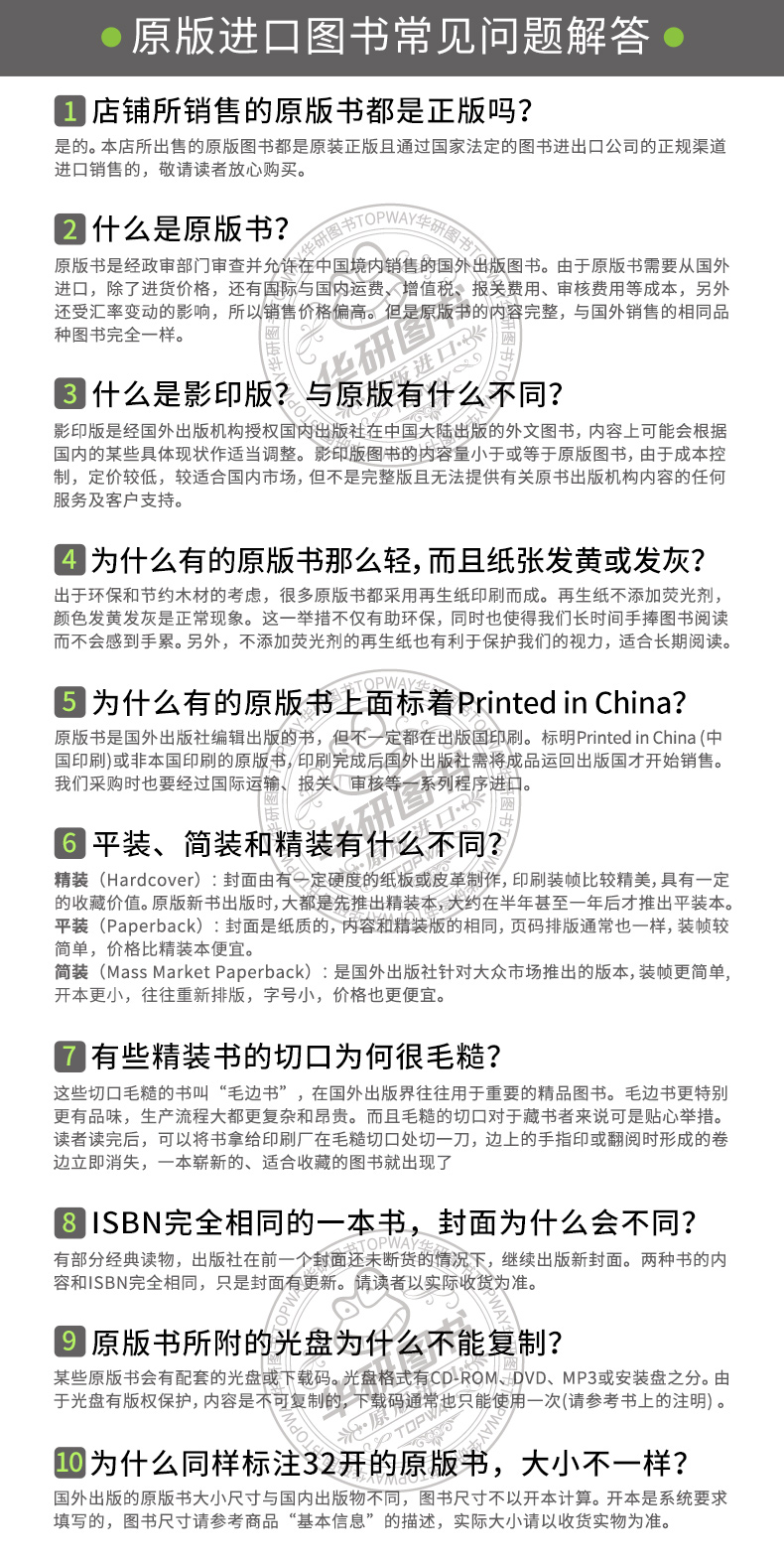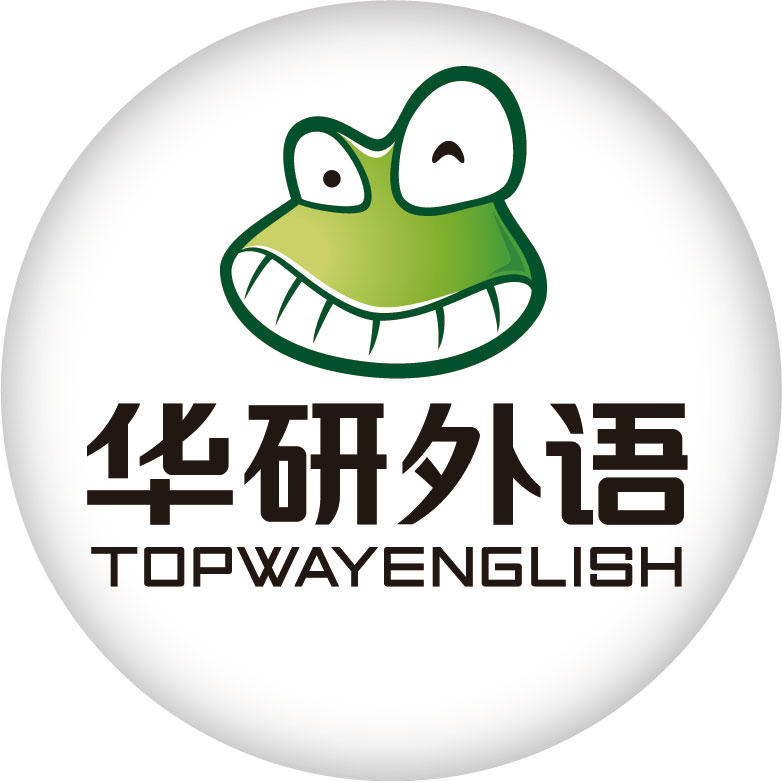Collins柯林斯轻松学法语语法 英文原版 Easy Learning French Grammar 英文版进口法语英语学习词典 法英双语 法语入门自学书
| 运费: | ¥ 0.00-999.00 |
| 库存: | 34 件 |
商品详情


书名:Easy Learning French Grammar轻松学法语语法
作者:HarperCollins
出版社名称:HarperCollins
出版时间:2016
语种:英语,法语
ISBN:9780008141998
商品尺寸:12.8 x 1.5 x19.6 cm
包装:平装
页数:306

Easy Learning French Grammar《轻松学法语语法》是一本法语语法学习词典,法英双语,双色印刷,适用于法语初学者、法语专业或以法语为第二外语的学习者。Easy Learning French Grammaris the ideal resource for both home and school study Easy to useAll you need to know about French grammar and verbs Easy to readClear colour layout, including dozens of user-friendly verb tables Easy to understandThousands of examples show you the right way to use French grammar

Whether you are starting to learn French for the very first time, brushing up on topics you have studied in class, or revising for your GCSE exams, the Easy Learning French Grammar is here to help. This easy-to-use guide takes you through all the basics you will need to speak and understand modern, everyday French.

哈珀·柯林斯出版集团(Harper Collins)系新闻集团(News Corp.)的全资子公司,总部位于纽约,是全球几大英文书籍出版商之一。柯林斯是哈珀·柯林斯出版集团的一个分支机构。从1819年开始,柯林斯就一直在词典出版方面处于领先地位,出版了大量的英语及其他语言的工具词典,包括著名的Collins COBUILD Dictionary《柯林斯英英词典》、Collins Student’s Dictionary《柯林斯学生词典》、Collins Easy Learning Grammar and Punctuation《柯林斯轻松学:语法和标点》等。 HarperCollins Publishers LLC is one of the world’s largest publishing companies and is part of the “Big Five” English-language publishing companies, alongside Hachette, Holtzbrinck/Macmillan, Penguin Random House, and Simon & Schuster. The company is headquartered in New York City and is a subsidiary of News Corp. The company name is a combination of several publishing firm names: Harper & Row, an American publishing company acquired in 1987, whose own name was the result of an earlier merger of Harper & Brothers (founded 1817) and Row, Peterson & Company; together with UK publishing company William Collins, Sons (founded 1819), acquired in 1990. It had published several famous dictionaries, such as Collins COBUILD Dictionary, Collins Student’s Dictionary, Collins Easy Learning Grammar and Punctuation and so on.

Foreword for language teachersIntroduction for studentsGlossary of grammar termsNouns Using nouns Gender Forming plurals Articles Different types of article The definite article:le,la,l’ and les The indefinite article: un, une and des The partitive article: du, dela, del’ and des Adjectives Using adjectives Making adjectives agree Word order with adjectives Comparatives and superlatives of adjectives Demonstrative adjectives : ce, cette, cet and ces Possessive adjectives Indefinite adjectives Pronouns Personal pronouns : subject Personal pronouns : direct object Personal pronouns : indirect object Emphatic pronouns Possessive pronouns en and y Using different types of pronoun together Indefinite pronouns Relative pronouns Demonstrative pronou ns Verbs The three conjugations The present tense The present tense : regular-er (first conjugation) verbs The present tense : regular-ir (second conjugation) verbs The present tense : regular-re (third conjugation) verbs The present tense : spelling changes in-er verbs The present tense : irregular verbs The imperative Reflexive verbs The imperfect tense The future tense The conditional The perfect tense The pluperfect tense The passive The present participle Impersonal verbs The subjunctive Verbs followed by an infinitive Other uses of the infinitiveNegativesQuestions How to ask a question in French Question wordsAdverbs How adverbs are used How adverbs are formed Comparatives and superlatives of adverbs Some common adverbs Word order with adverbs Prepositions Using prepositions à, de and en Some other common prepositions Prepositions consisting of more than one word Prepositions after verbs Prepositions after adjectives Conjunctions et, mais, ou, parce que and si Some other common conjunctions The conjunction que NumbersTime and dateSome common difficultiesThe alphabetMain indexVerb tablesVerb index

What is a noun? A noun is a ‘naming’ word for a living being, thing or idea, for example, woman, happiness, Andrew.Using nouns·In French, all nouns are either masculine or feminine. This is called their gender. Even words for things have a gender. ·Whenever you are using a noun, you need to know whether it is masculine or feminine as this affects the form of other words used with it, such as ·adjectives that describe it ·articles (such asle or une) that go before it ·pronouns (such as il or elle) that replace it ·For more information onAdjectives,Articles or pronouns, see pages 25, 12 and 42. ·You can find information about gender by looking the word up in a dictionary. When you come across a new noun, always learn the word for the ora that goes with it to help you remember its gender. · le or un before a noun tells you it is masculine · la or une before a noun tells you it is feminine ·We refer to something as singularwhen we are talking about just one of them, and as plural when we are talking about more than one. The singular is the form of the noun you will usually find when you look a noun up in the dictionary. As in English, nouns in French change their form in the plural. ·Adjectives, articles and pronouns are also affected by whether a noun is singular or plural.

- 华研外语批发分销官方旗舰店 (微信公众号认证)
- 本店是“华研外语”品牌商自营店,全国所有“华研外语”、“华研教育”品牌图书都是我司出版发行的,本店为华研官方源头出货,所有图书均为正规正版,拥有实惠与正版的保障!!!
- 扫描二维码,访问我们的微信店铺
- 随时随地的购物、客服咨询、查询订单和物流...












